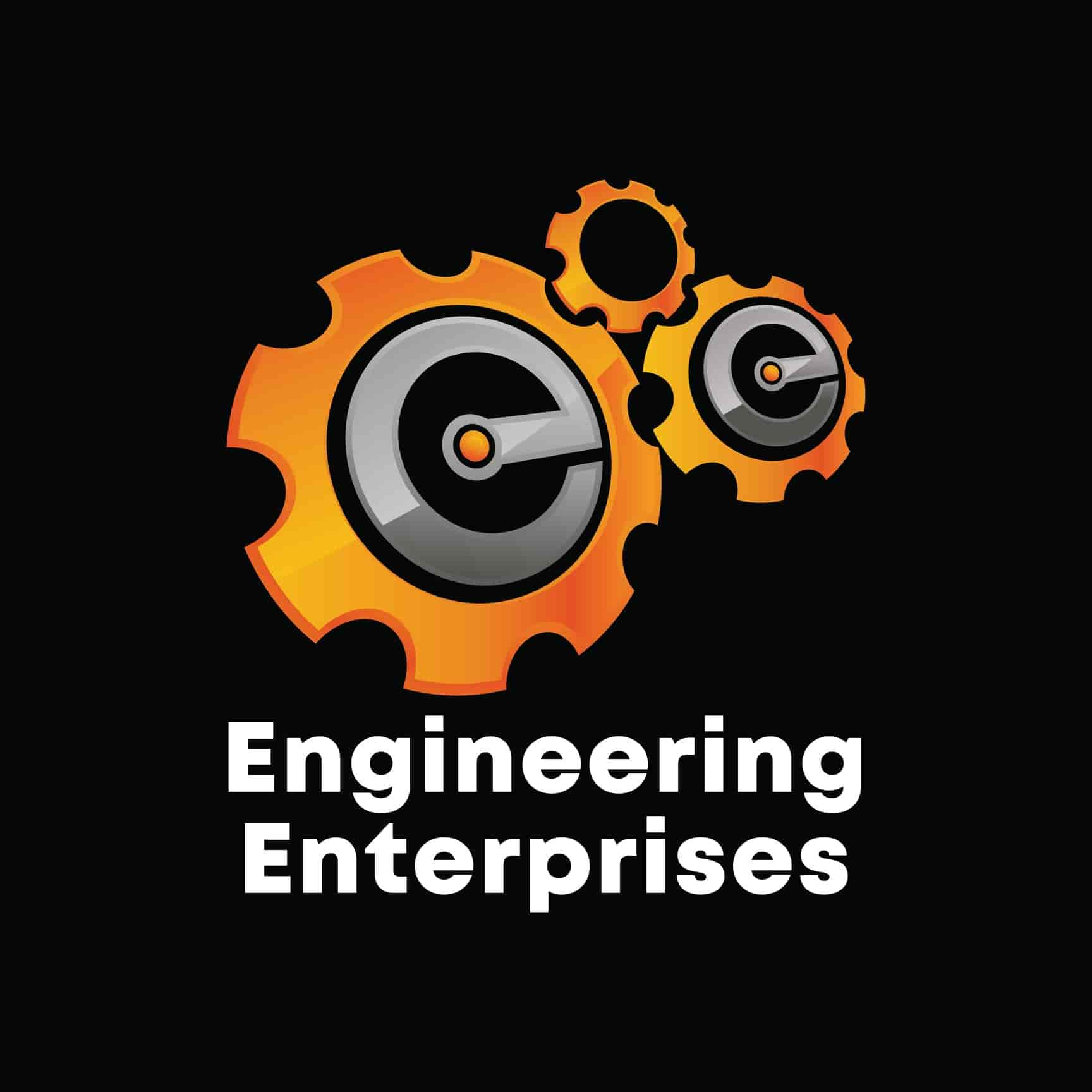
Key Aspects of Engineering Enterprise
-
Systems Thinking:
- Engineering enterprises often utilize systems thinking to view problems holistically, recognizing how components interact within larger systems. This approach helps in identifying interdependencies and optimizing performance across various processes.
-
Project and Operations Management:
- Successful engineering enterprises require robust project management frameworks to ensure that engineering projects are completed on time, within budget, and to specifications. This includes methodologies like Agile, Lean, and Six Sigma, which focus on efficiency and quality improvement.
-
Innovation and Product Development:
- Engineering enterprises drive innovation by developing new products and improving existing ones. This involves rigorous research and development (R&D) processes, including prototyping, testing, and market analysis.
-
Supply Chain and Logistics Management:
- Effective supply chain management is crucial for engineering enterprises to ensure that materials and components are available when needed. This includes sourcing, production planning, inventory control, and distribution.
-
Risk Management:
- Engineering enterprises must identify, assess, and mitigate risks associated with engineering projects. This involves evaluating technical, financial, and operational risks to minimize potential impacts on project success.
-
Sustainability and Ethics:
- Many modern engineering enterprises focus on sustainability, incorporating environmental considerations into their processes and products. Ethical considerations in engineering practices are also increasingly emphasized.
Educational Pathways
To pursue a career in Engineering Enterprise, students often consider the following educational pathways:
- Bachelor’s Degree: A degree in engineering (mechanical, civil, electrical, industrial, etc.) combined with business administration can be beneficial.
- Master’s Degree: Programs like an MBA with a concentration in engineering management or a Master’s in Systems Engineering provide advanced knowledge and skills.
- Certification Programs: Certifications in project management (such as PMP) or specialized areas (like Lean Six Sigma) can enhance professional credentials.
Career Opportunities
Graduates in Engineering Enterprise can explore various roles, including:
- Engineering Manager
- Project Manager
- Operations Manager
- Product Development Engineer
- Supply Chain Analyst
Conclusion
Engineering Enterprise combines technical expertise with business acumen to create innovative solutions that drive organizational success. As industries evolve, professionals equipped with these skills are increasingly in demand.
For more detailed insights into Engineering Enterprise, you can refer to the following sources:
- International Council on Systems Engineering (INCOSE)
- Project Management Institute (PMI)
- American Society for Engineering Education (ASEE)
These resources provide valuable information about best practices, trends, and educational opportunities in the field of engineering enterprise.
